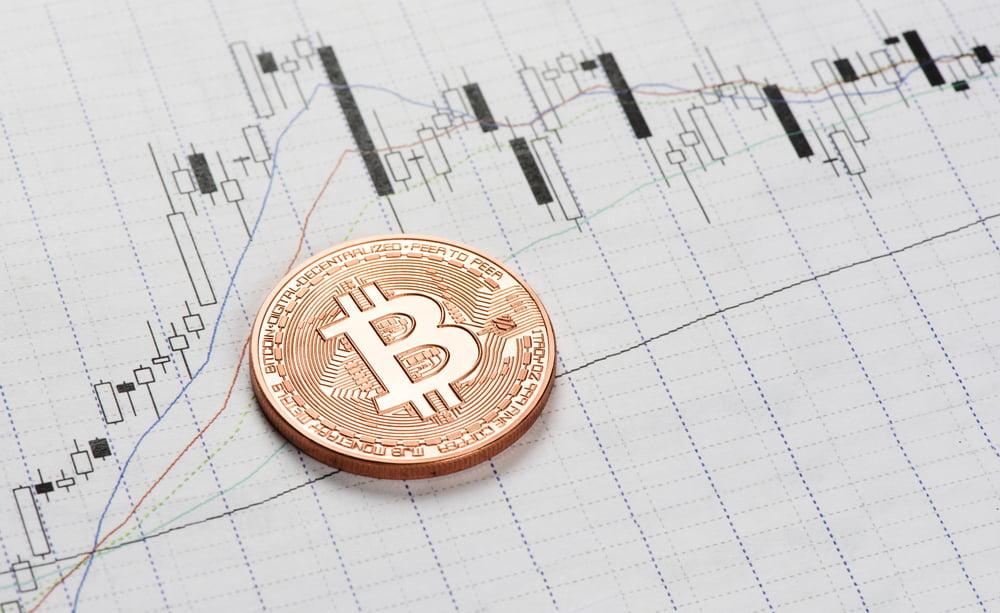Can you get a mortgage with bad credit? That depends on how bad your credit is.
These days, most lenders won't write a mortgage for anyone with a FICO score below 620 - that's pretty much the standard cutoff. Some may demand a score of at least 640-660. On top of that, other factors are involved as well - a higher existing debt load, down payment or equity of less than 20 percent, or relatively low income will all cause lenders to demand a higher score.
For example, most issuers of private mortgage insurance - PMI - will expect a FICO score of 680 of better before they'll insure a mortgage with a less than 20 percent down payment (or home equity in the case of a refinance). That may go as high as 720 if you're in a weak market, such as Nevada or Florida, or if you're looking to buy a second home or do a cash-out refi that leaves your equity below 20 percent.
Consider an FHA loan
On the other hand, FHA mortgages are officially available to borrowers with credit scores as low as 500. Few lenders will actually go that low, however, although you may be able to find some who will work with you if your score's in the middle 500s. You don't have to worry about PMI, since FHA has its own mortgage insurance, but you will have to put up more than the minimum 3.5 down payment FHA is famous for - figure 10 percent at minimum.
Lower credit scores, of course, mean higher interest rates. A borrower taking out a 30-year fixed rate mortgage with a credit score of 620-640 will typically pay an interest rate about 1.6 percentage points higher than a similar borrower with a score of 760 - for example, 6.0 percent instead of 4.4 percent for the borrower with the high score.
FICO scores vs. other types
When talking about credit scores like this, note that these are FICO scores we're talking about. If you've recently ordered your credit score from one of the three credit rating agencies, there's a very good chance that what you have isn't a FICO score, but one based on a proprietary rating system that may generate a score that's considerably different from what your FICO score would be.
To make certain, you have to check to make sure the service you're ordering a credit score from specifically says it's a FICO score. You can get FICO scores from Transunion and Equifax, though it may take a little digging, although Experian no longer provides FICO scores directly to customers - only to lenders.
Your credit may be better than you think
If you don't know your FICO score, don't assume you've got bad credit just because you've got a few blemishes on your record. Many lenders don't even bother to report late payments unless they're at least 60 days late and very few report any that are less than 30 days overdue. Just because you've been socked with a few late charges doesn't mean your credit score has been dinged.
Remember, too, that your credit score is all about credit. Overdrawing your checking account or bouncing a check (unless it's to make a credit payment) won't show up on your credit score.
Many credit blemishes are short-lived
Even if you do have some late payments on your record, the effects may not last long. Although a missed payment of 30-60 days will remain on your credit report for seven years, your credit score will usually recover in a year or two. Of course, the more missed payments you have, the greater the impact.
The worst impacts on your credit score will be from payments that are 90 days late or more, a foreclosure or a bankruptcy. These will stay on your credit report and affect your score for seven years - and a Chapter 7 bankruptcy will stay on for 10 - although once that period has passed, you can once again enjoy good credit.





